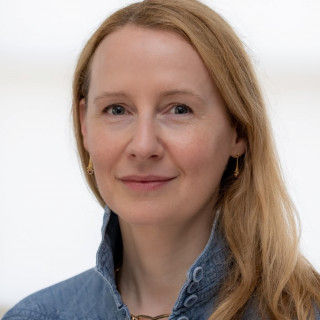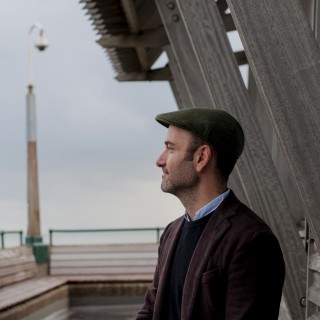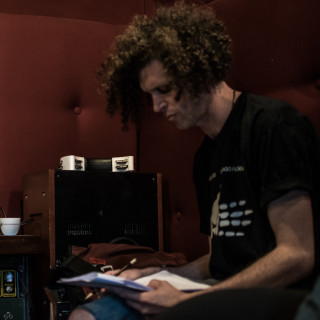The People of 1381
The People of 1381 is a cross-disciplinary multi-institution research project funded by the Arts and Humanities Research Council which is making available online comprehensive information about the events, participants and victims of the English Peasants’ Revolt of 1381.
The project is led by Professor Adrian Bell from the Henley Business School at the University of Reading. Adrian is an expert on the history of finance and has recently undertaken major projects on land prices and the wool trade, both major factors in the 1381 revolt. Adrian also works on the history of the Hundred Years War, and the effect of militarisation and its role in the rising is another major theme of The People of 1381 project.
Another member of the research team is Professor Anne Curry of the University of Southampton, one of the most distinguished historians of the Hundred Years War, particularly known for her revisionist analysis of the Battle of Agincourt. Anne and Adrian led the team which created the Medieval Soldier Database (www.medievalsoldier.org).
Dr Helen Lacey of Mansfield College, University of Oxford, has published an authoritative study of the use of the royal pardon in medieval England which includes an analysis of a general pardon granted to rebels in 1381. Helen’s interest in the structure of medieval English archives is shared with another team member, Professor Andrew Prescott of the University of Glasgow. As well as articles on the 1381 rising, Andrew has written widely on the history of libraries and archives, including a number of influential publications on digital humanities.
Dr Herbert Eiden’s 1995 doctoral thesis from the University of Trier (‘In der Knechtschaft werdet ihr verharren ...’ ) is the most detailed narrative of the events of the rising so far produced. In 2003, Herbert joined the Victoria History of the County of Essex (VCH), which is producing a history of every parish in Essex. Herbert was one of the editors of the recently published VCH volume covering Essex coastal parishes and wrote the histories of Great Holland, Little Holland and Frinton.
Dr Helen Killick is a Research Associate at Mansfield College, University of Oxford, who also has a research focus on documents produced by the English royal administration and her work embraces such areas as multilingualism, petitions to parliament, and late medieval finance. Helen has recently published an edition of parliamentary petitions with Mark Ormrod and Phil Bradford, and she edited with Thomas W. Smith Petitions and Strategies of Persuasion in the Middle Ages: The English Crown and the Church, c.1200-c.1550 (2018).
The technical realisation of the project is being undertaken by Jason Sadler and Ian Waldock of Geodata at the University of Southampton, an institute specialising in environmental data management, analysis and processing. Since 1984 GeoData has co-ordinated research projects and consultancy services focused on the acquisition, processing and communication of data and information. A strong emphasis on integrated river catchment management and coastal zone management has characterised the Institute’s work, but its remit extends across the whole field of environment.
Twitter: @peopleof1381

 maybe later
maybe later
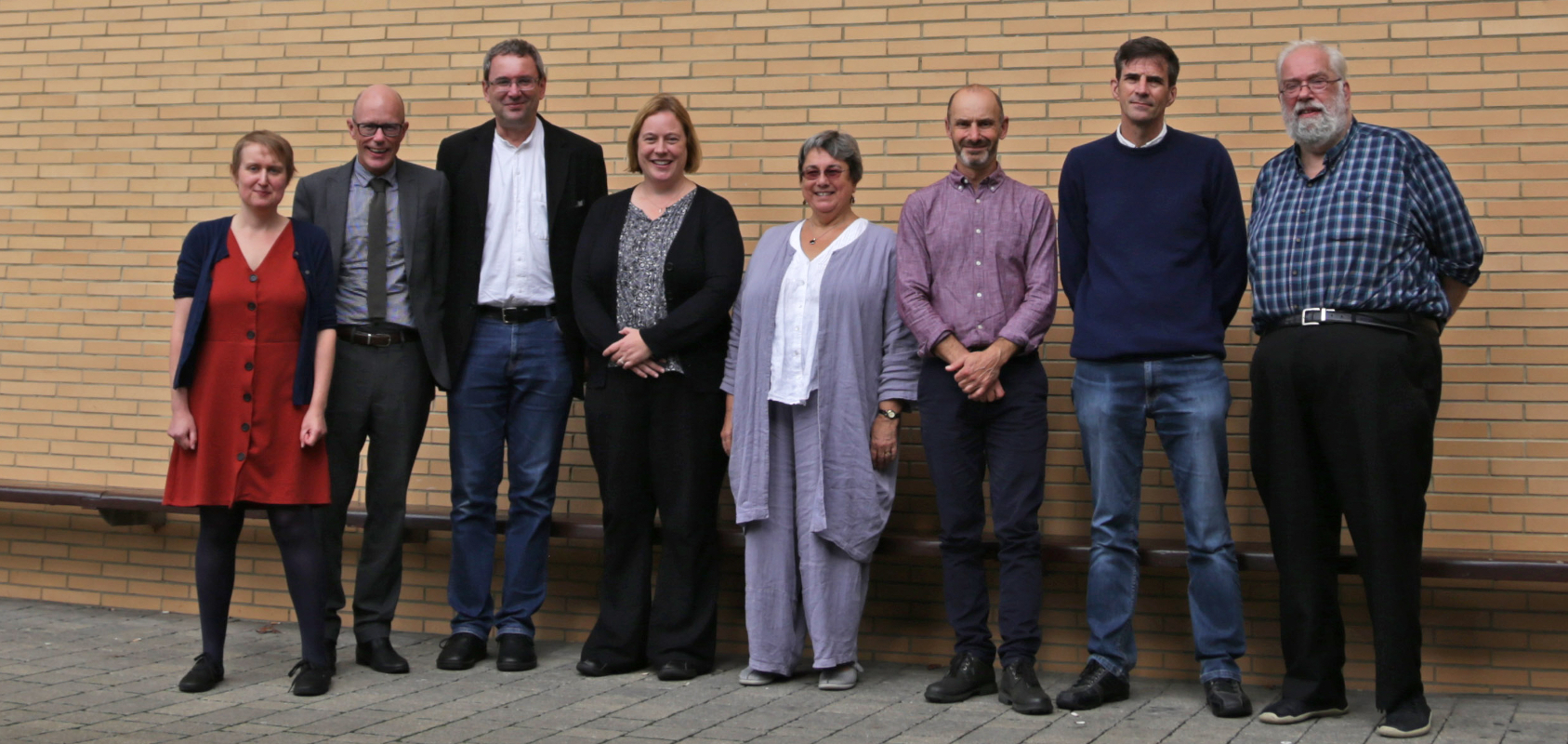

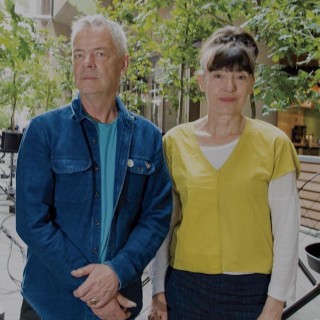
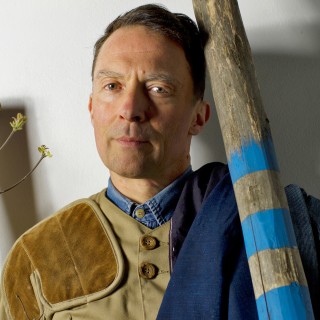




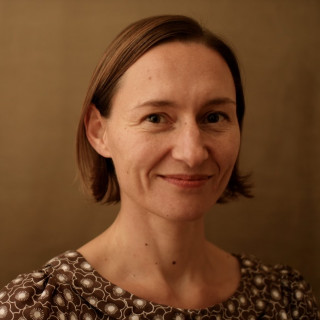

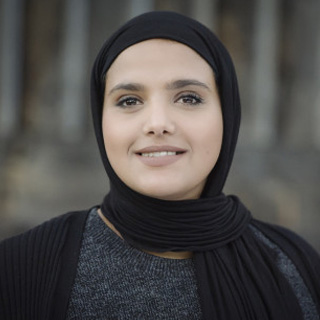


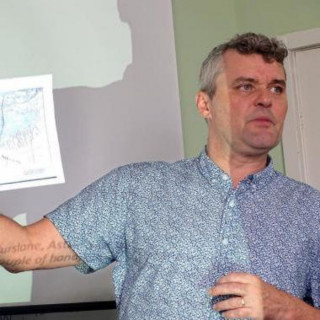







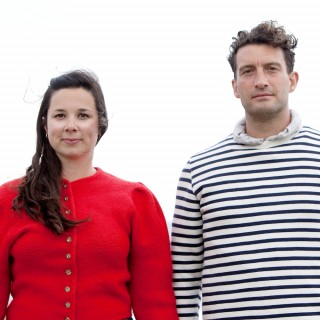



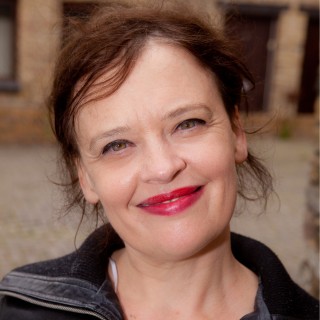


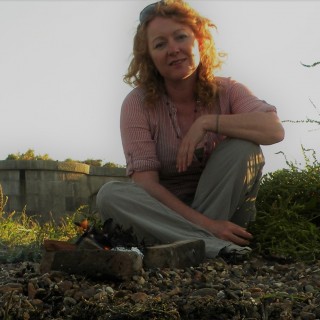



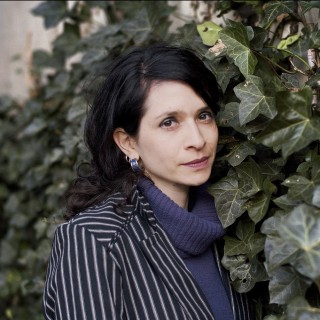





.jpg)



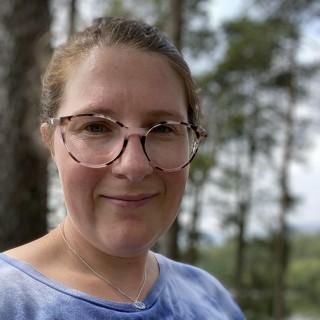


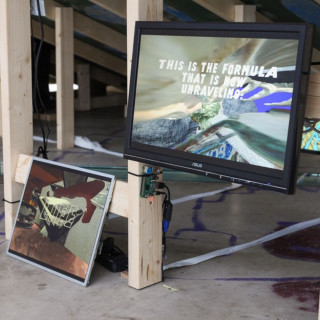









_-_website_square.png)
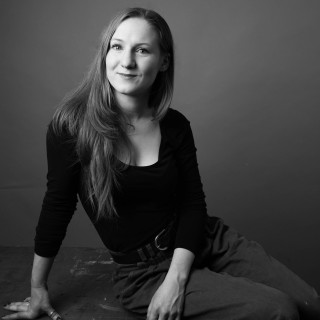


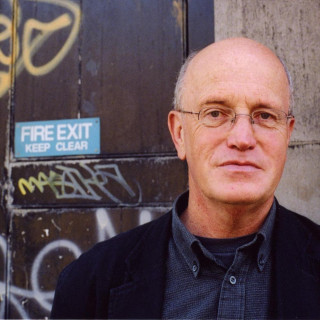
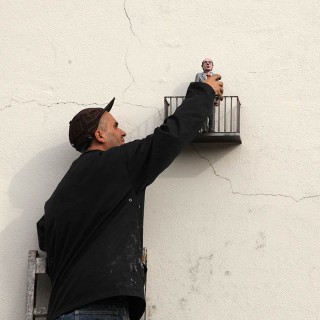

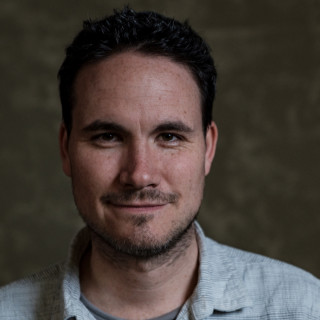
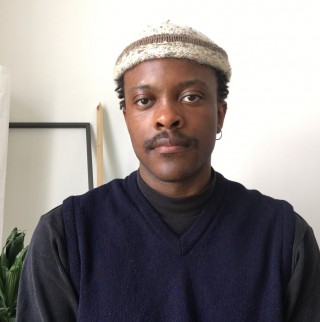
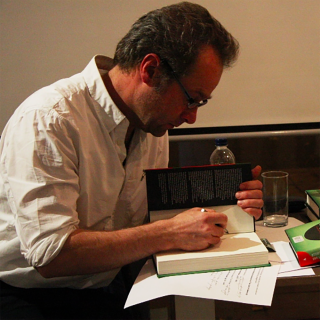



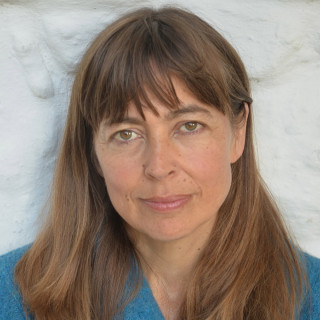

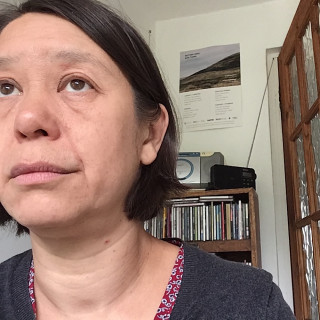

2.jpg)

_copy_-_portrait_website_copy.jpg)



.png)
